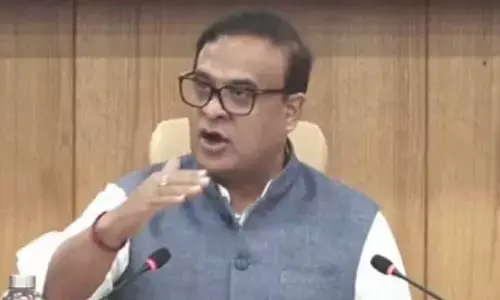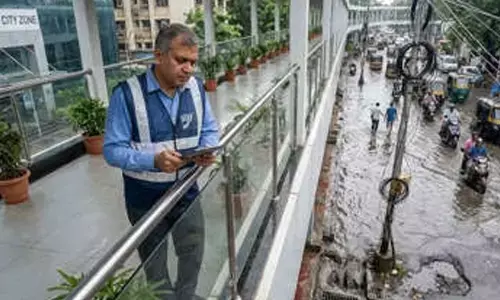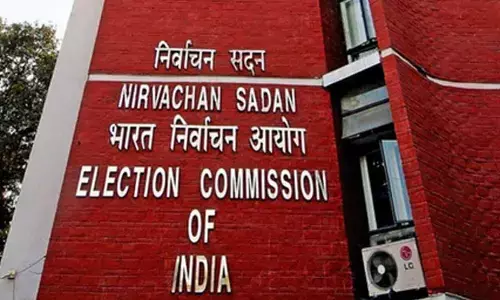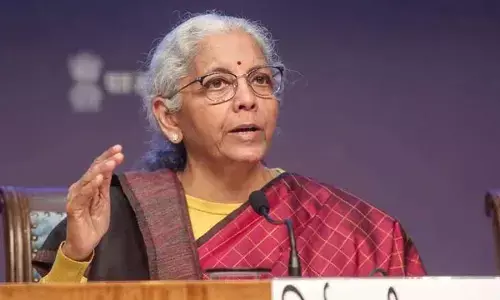Challenges in bringing up digital natives
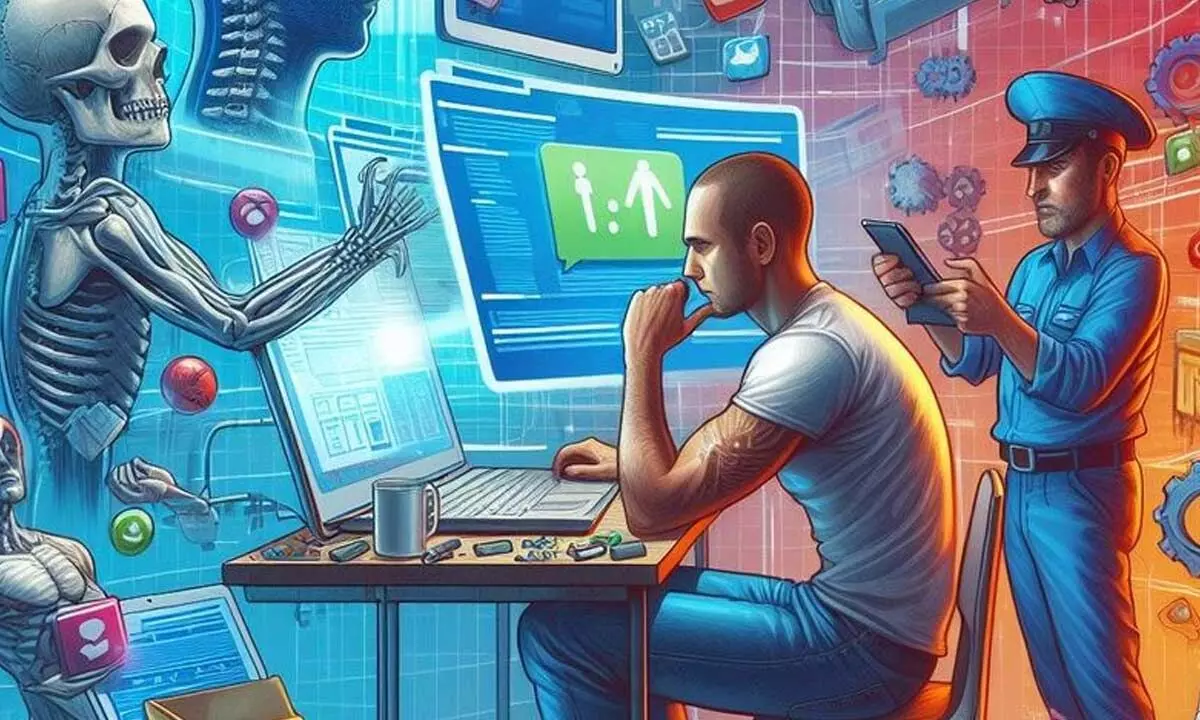
"Our kids are iGen – digital natives, born with a phone in one hand and a tablet in the other–..." This beautiful and pithy sentence from the book,"iParent," sums up the very theme of the book - the problem of bringing up children in this digital age.
"Our kids are iGen – digital natives, born with a phone in one hand and a tablet in the other–..." This beautiful and pithy sentence from the book,"iParent," sums up the very theme of the book - the problem of bringing up children in this digital age. In fact, the thoughtful title of the book has different shades of meanings - be an internet-savvy parent, watch a parent, be a guiding parent, to parent someone, besides parenting in the internet age and times, all relevant issues to the big problem on hand for every parent.
Every parent knows that for our children the internet is their world; in fact, it creates many worlds for them, pulling them into a world of their own. Hence, the author calls them 'Digital Natives' and their parents are just 'immigrants'. The author calls this division between parents and their kids, 'Great Digital Divide' and it is the title of the very first chapter of the book. According to the author Neha J Hiranandani, by using the mobile for hours on end daily, children become addicted to it and it acts on them like some drug, dope, and kick. They soon become lovers of dopamine and the author accuses the Big Tech (major multinational technology companies collectively as a sector of industry) for exploiting and cashing in on the neural circuitry of our children. The Big Tech show to us almost for free the products and services of these business houses. By doing this, the Big Tech again collects more and more data from us and make mullah by selling it. In the process, our children ultimately become addicts, slaves, puppets in the hands of the Big Tech.
Neha also talks in detail about other major issues confronting both IGen-children and their parents. Gaming, bullying, dating, sexting, porn watching, cybersex are some of the testing, teasing, tempting, tantalizing traps for the IGen. 'Straight Talk' is one of the workable solutions Neha offers to parents in tackling the issues listed above. Neha says that parents must talk about all these traps with their children direct before they attain the age of using the mobile. 'Supervision' not overparenting is another practical way available for parents to help their children navigate safely through the siren-like sites.
The author says that to do all these things, parents in the first place must themselves become acquainted with the words, worlds, uses and abuses of the internet. In acquiring such knowledge, this book comes as a handy guide to all parents. In other words, Neha says that each parent must become an IParent to handle and help the IGen. Hence the title of the book that offers many real, pragmatic, and tested solutions to the problems of the Digital Natives. Therefore, "IParent", published by Penguin Books, is a must for all parents.
– M Somasekhar Prasad, Hyderabad








